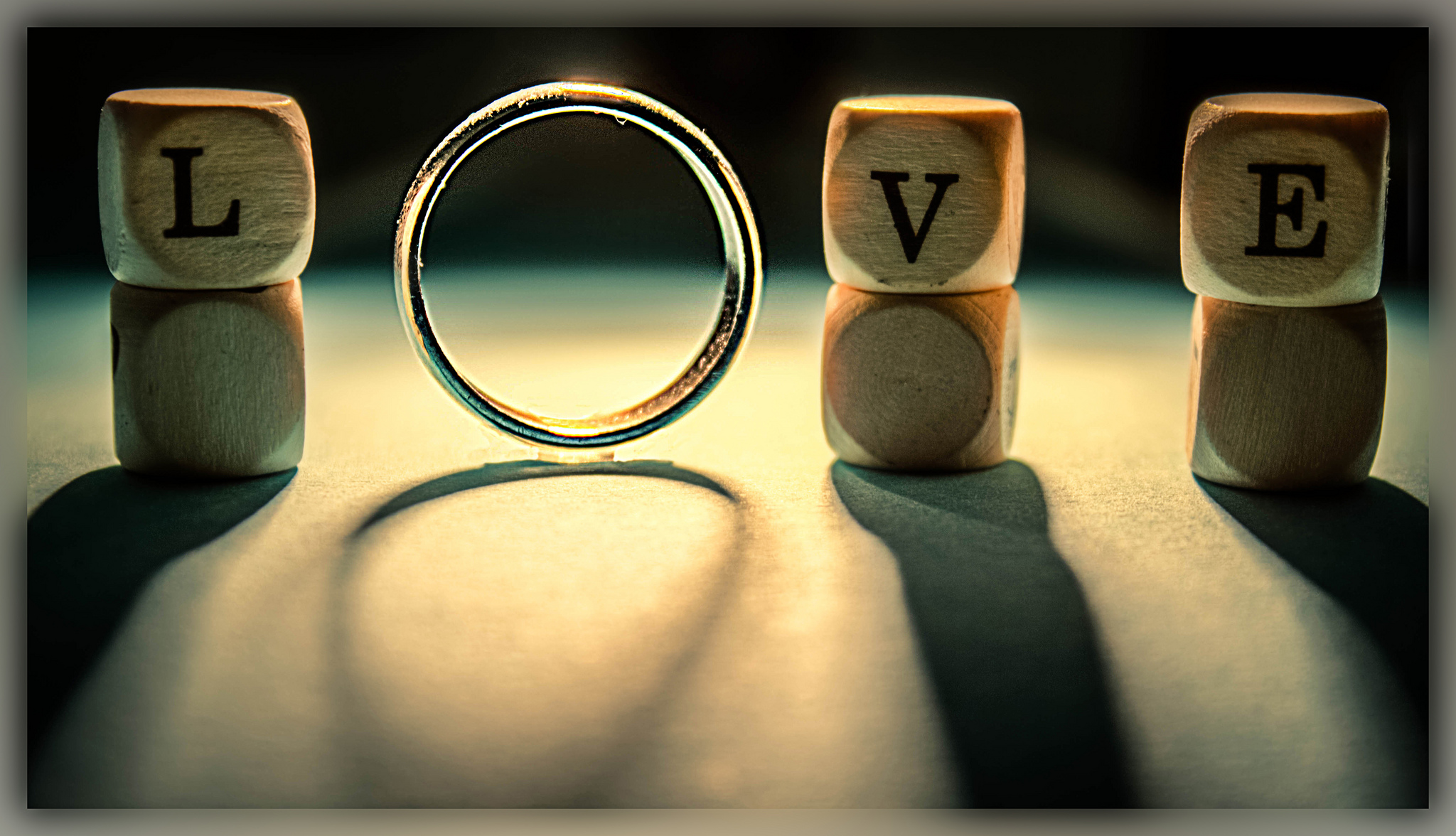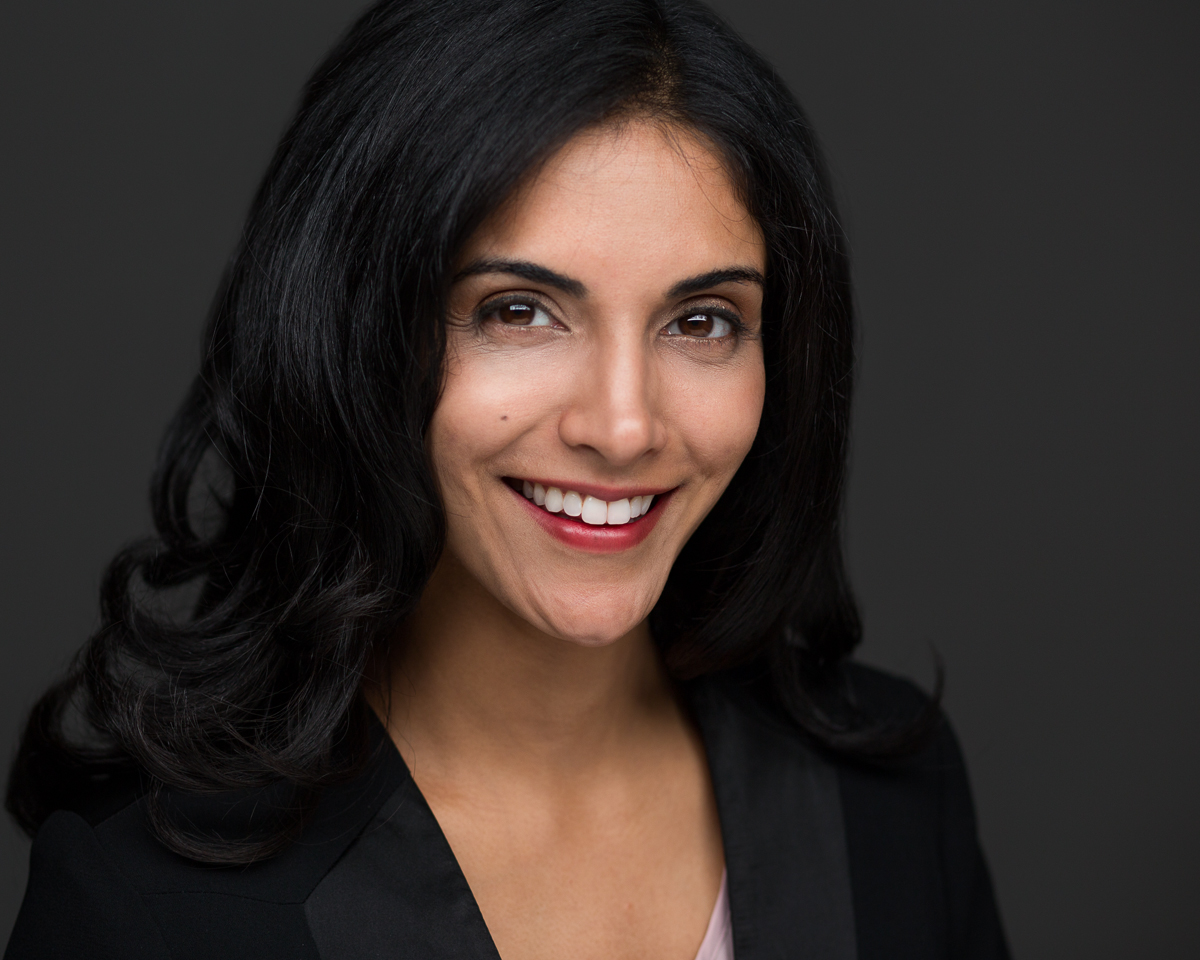I recently decided to step back from actively searching for someone to marry. I’m serious and interested, but aspects of the Muslim matchmaking process are strange for me.
I lost my beloved wife, Joan, just over a year ago. The prospect of starting over with someone new after sixteen years of marriage is daunting. I am a forty-year-old white American male, but I am also Muslim.
Some readers may respond, “So what?” But I’ve discovered that when you are a member of a minority, your identity markers have real impact. And, with 1.7 billion Muslims globally, a lot of cultural practices get mixed into love and (re)marriage.
As a Muslim convert, I have to navigate different cultural spaces to find a Muslim partner. On top of that, I have a biracial and transcultural son. These variables create a mix of opportunity and chaos.
For example, some people assume that since I’m a co-religionist, I automatically know how to act towards a Pakistani or Arab family’s daughter in terms of courtship. But I don’t. It’s easy to become lost or to unknowingly insult their sense of propriety or cultural norms.
My late wife was a Filipino-American Muslim convert, so I didn’t have to navigate the Muslim community during my first marriage. Now I’m a religious insider, but a cultural outsider trying to figure out what to do or not to do.
Let me share some experiences that left me amused, baffled, and ready to step away from this process for a while. I was recently approached by friends, aunties and uncles within the Muslim community on behalf of a divorced Pakistani-American lady. Once that had resolved, I was approached by friends about a Lebanese-American woman.
Love, Desi Ishtyle
Within desi culture, I found that the emphasis is on the woman’s physical beauty and profession. Photographs of the two individuals are a requirement. A lot of time is spent clucking over the photos: ”She is much too dark, Alan.” Or: “Oh, she is a gori larki (light-skinned girl), she will be fine for you.”
Before anyone knows anything about a person’s character, the photo has already created a hierarchy in the eyes of my friends. And – like many newly single, middle-aged men – I am relying on my friends to have my back.
After surveying the photo, the next question of importance in the minds of my friends is: “What does she do?” My career as an IT engineer does not come into the discussion, except in terms of how much I make or the size of my house. However, if the woman I am exchanging pictures with decided to pursue a business career there are disappointed shakings of the head. But, if she is a doctor – especially a specialist – there is approval.
In my view, a person’s profession has little bearing on whether they could be compatible with me. (Although, if two people share a profession, I have seen this cause serious friction.)
Since it was assumed that I knew how things are done within desi culture, I got into trouble right away. I didn’t understand that I would never meet the potential person. Everything had to be over email.
My go-betweens didn’t understand that I can’t build a relationship with someone I can’t meet or talk to. In addition, I didn’t realize just how judgmental Pakistani-American society is towards a divorced woman. It doesn’t matter why she divorced, it’s seen as a liability. And if the poor woman had the temerity to have a child in that previous marriage, then it is a complete disaster.
Although I exchanged emails with this divorced mother of two, it became quickly clear that we didn’t have much in common and it tapered to a rapid close.
Y’alla Habibi
The next experience was through casual acquaintances who knew a single Lebanese woman. The first difference between the Pakistani- and Lebanese-American courtship rituals was that photos were not exchanged because, I was told, they might cause an unintentional attachment to form. Instead, the emphasis was on the type of person she was: She is very kind and has a good heart.
Avoiding undue emphasis on the outward is not a bad concept, but one likes to know what someone looks like for reasons beyond physical beauty. I can often get an idea of what a person is like from a photo. It’s not 100% certain, of course, but the lack of a photo in this case was like talking to a ghost.
Being kind and possessing a good heart are affirming qualities, but those statements still told me nothing about her personality or core values. Also, her profession did not seem to carry much importance. In fact, my first mistake was asking about this. I found I had to push to find out that she is a nurse.
The next step was to call and talk to her. This is far better than email, but I still didn’t know what she looked like because I hadn’t seen a picture. So, I ended up talking to a disembodied voice.
Once again, nothing came of it. It is just as well, given where my head and heart were at the time.
Now What?
Navigating these multiple cultural spaces is exhausting. It’s strange how friends I have known and trusted for years, revert to strict cultural norms when it comes to such a momentous life decision. I also found it strange that because I share one thing in common with these groups – religion – that I would somehow magically know how to approach and court a desi or an Arab woman.
In the process, I realized that I need more time to get through other life changes first, and to come to terms with a loss that will scar me forever. When I do meet the right person, though, I will work hard to make her the happiest person on earth.
But I don’t want to move faster than my sore and sad heart will allow. I want to be fair to that someone new whom I will love. And I say love, because to me that is the destination. I do not need instant love, but I do want to meet someone I can cherish. Through filling her heart with my vast affection, we will come to share the same love and respect for each other.
That person exists. I will find her someday, insha’Allah.
Photo Credit: Dennis Skley
Alan Howard is an Engineer and Operations Manager at Cisco Systems Inc., where he has worked for the past 15 years. He lives in Atlanta, GA and enjoys kayaking, hiking and writing when he has the time and energy. You can read more of his writing at his blog Get Busy with Life and in the anthology Salaam, Love: American Muslim Men on Love, Sex & Intimacy. This post was originally published on Love, InshAllah.





